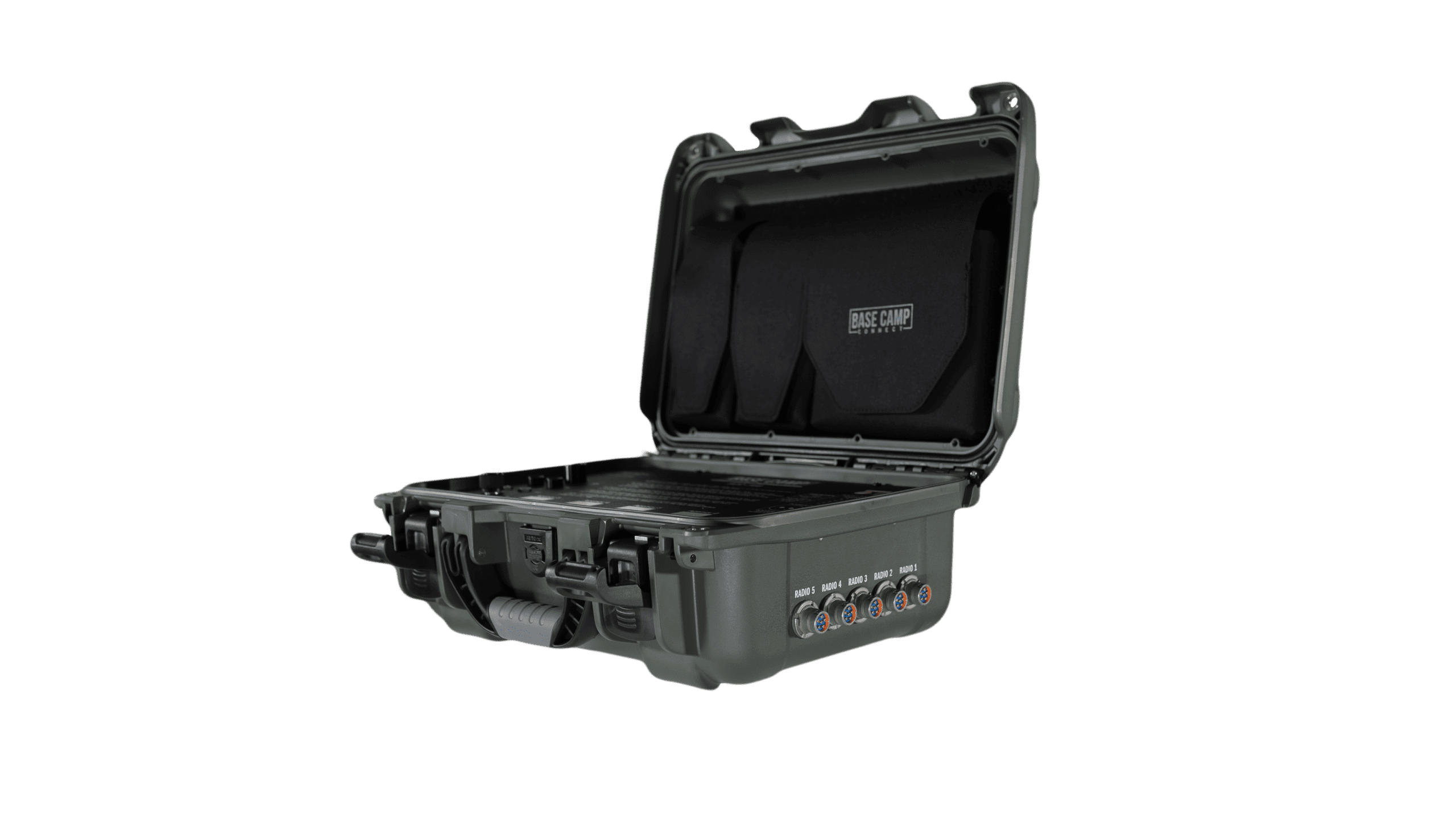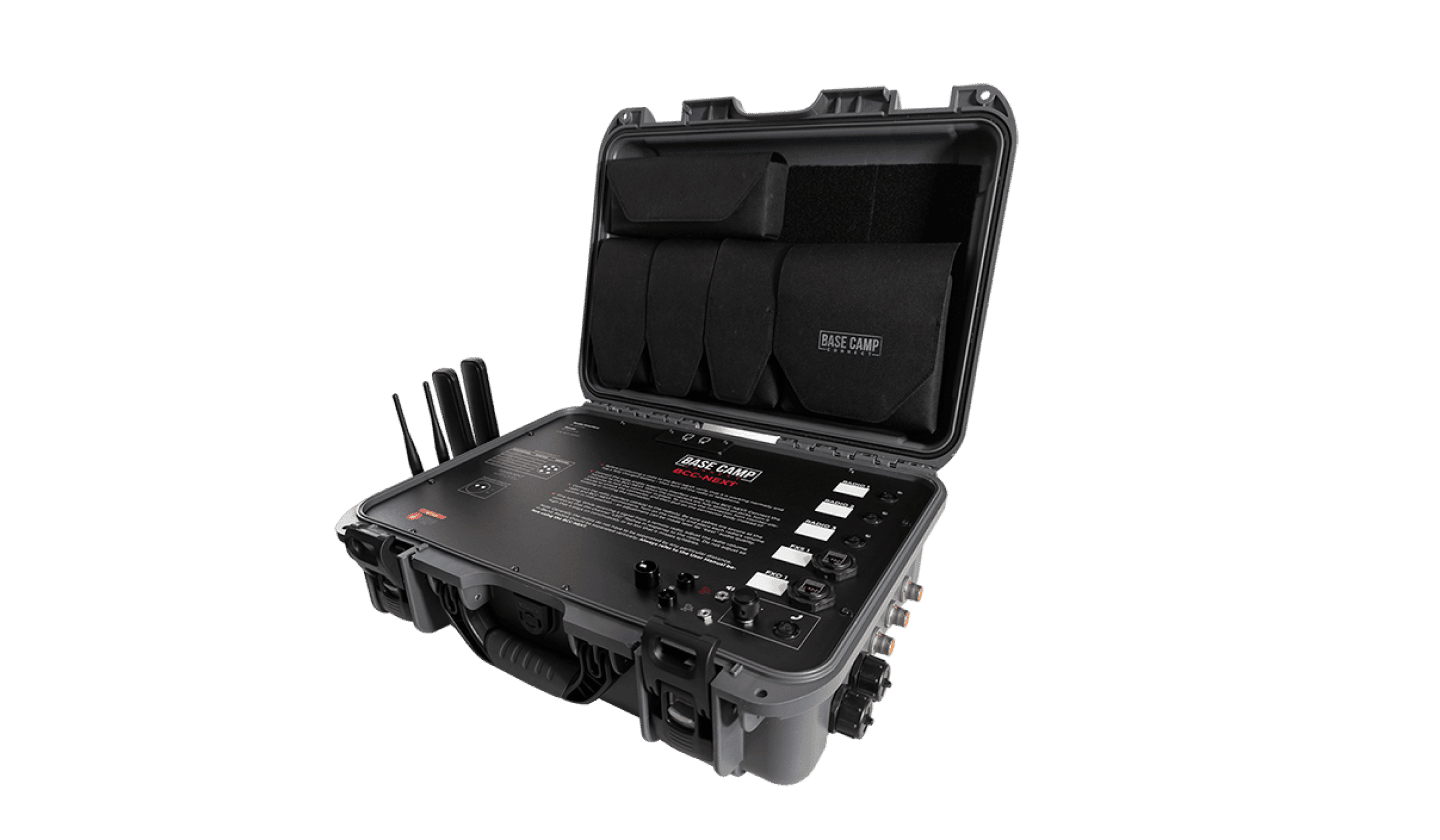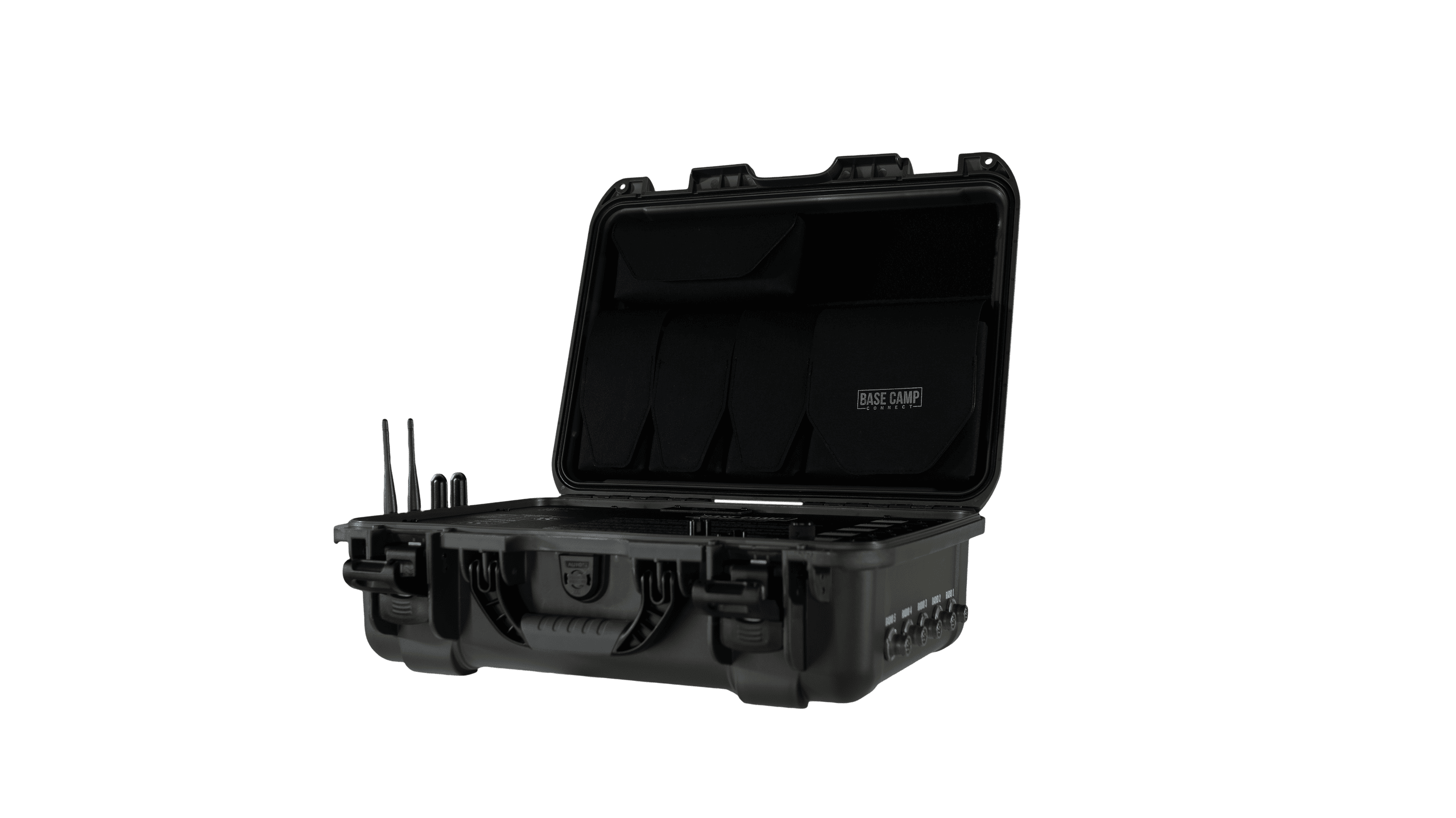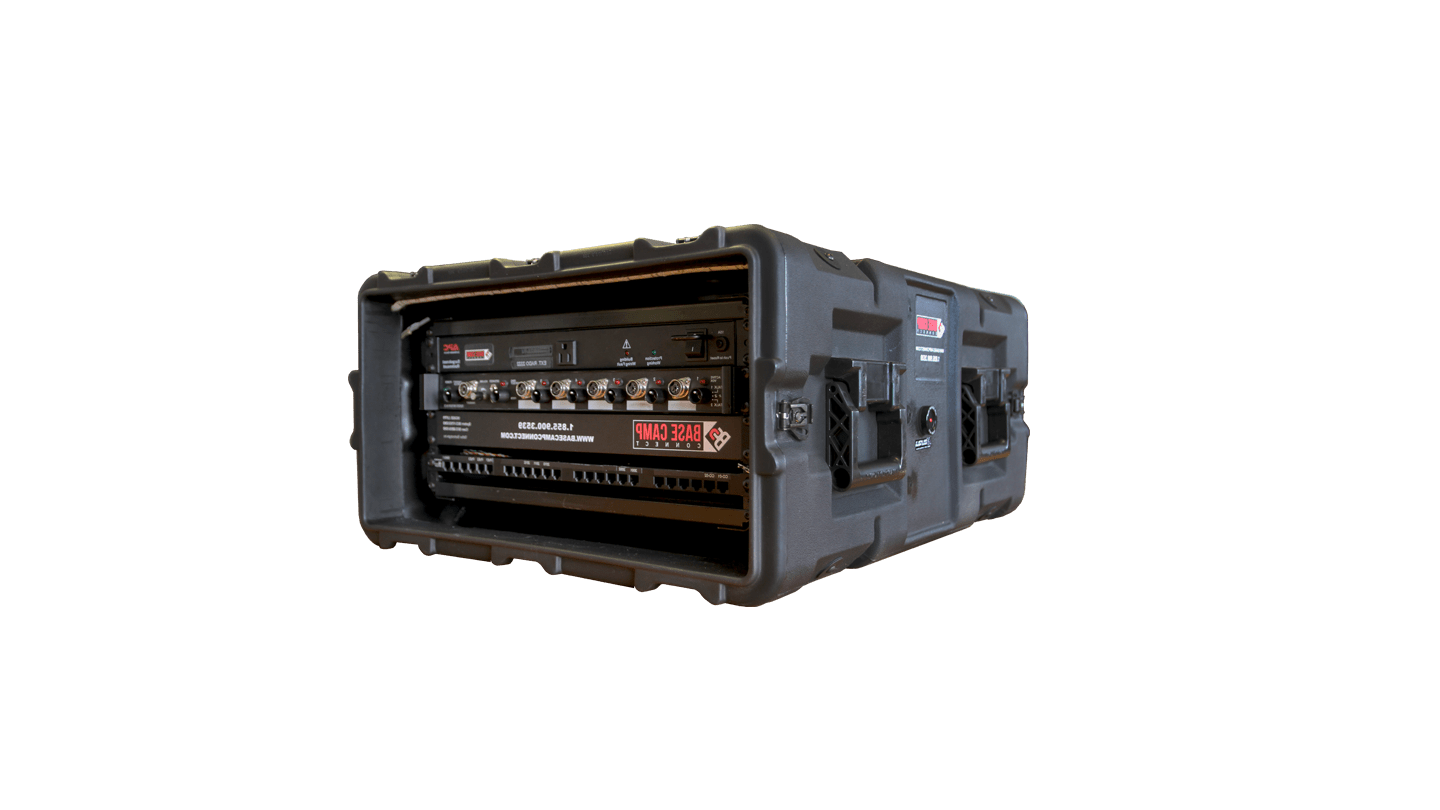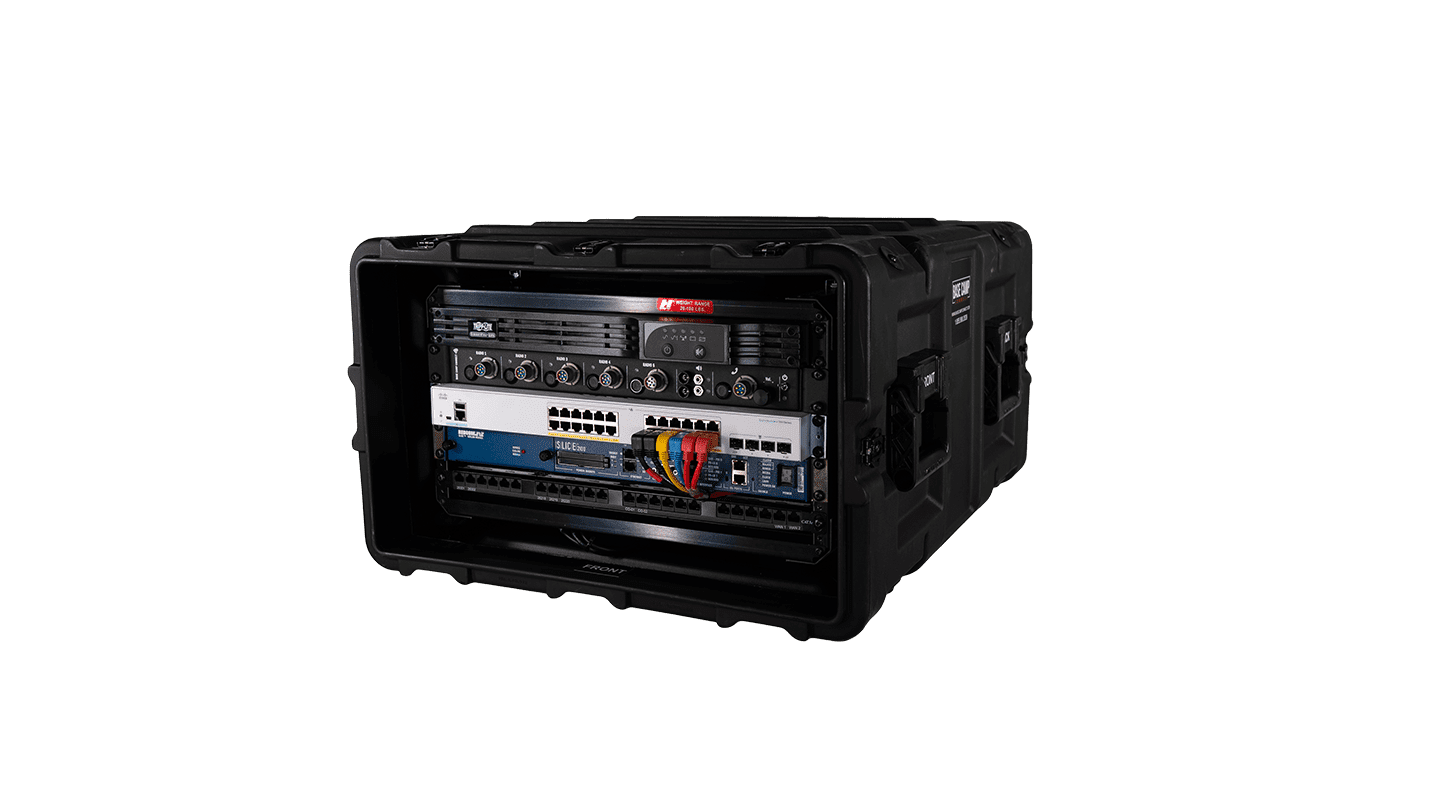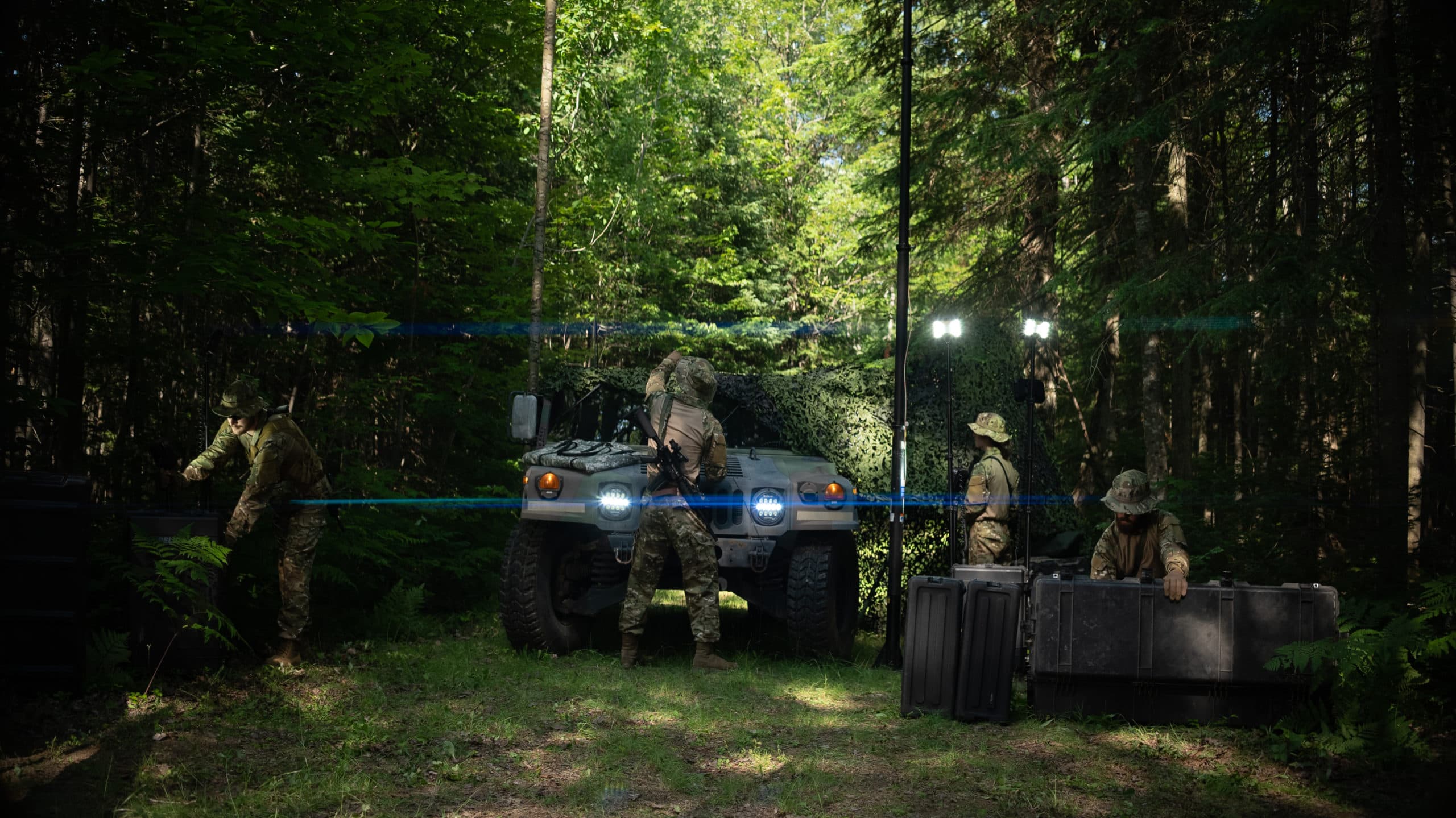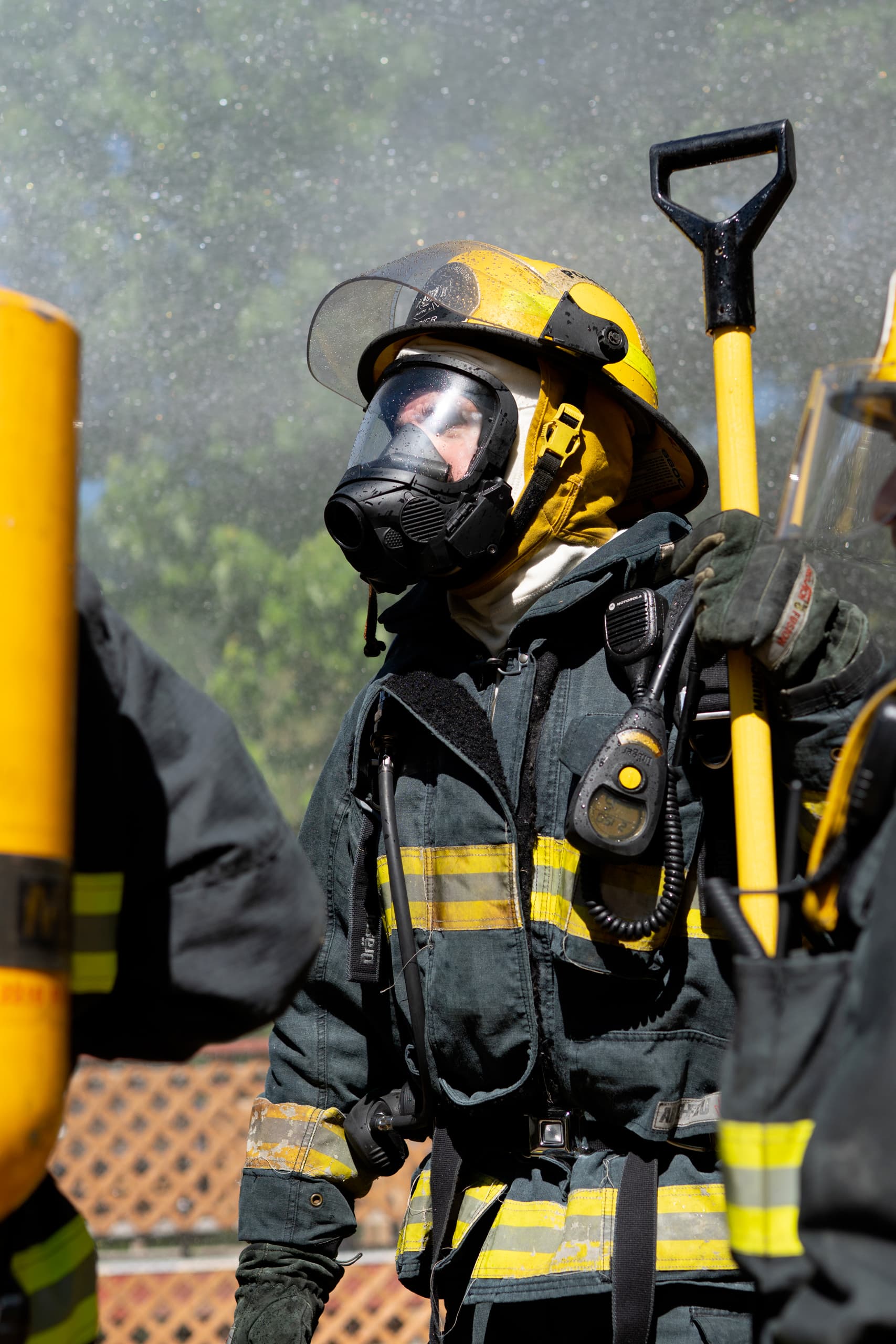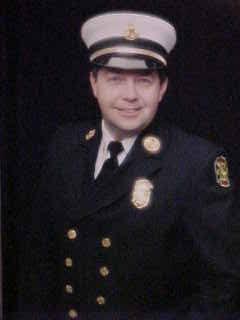Good afternoon to everyone and welcome to the beginning of convention and trade show season. It’s that time of the year where we all will travel to at least one or two conventions to learn from the pro’s what is happening in our given public safety field whether it is police, fire or EMS.
After we listen to the presentations, we will go to the exhibit hall to see the latest and greatest tools, apparatus and equipment. As well all know, for every item we are looking for, there are a number of manufacturers and vendors that you can talk to and get information on their product. What I want you to do before you even set foot on that exhibit hall floor is to do your homework. Take the time to think about these questions that I am about to cover. You will find that these questions are not just about the communications equipment but you can use a lot of these pointers to no matter you’re looking to buy a communications system or a new 1000 GPM pumper.
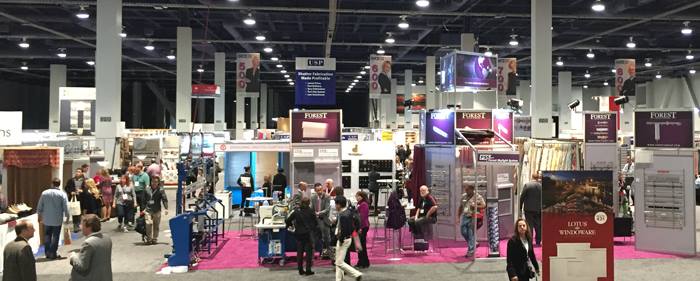
The first question is do you need it? Now I know you are going to sit there and say YES, we need it but why do you need it? Are you looking to replace an older unit, are you looking to go bigger and better or have your local situations changed that now require you to make this purchase. What is your budget? What is the price range that you are looking to make this purchase? I have seen stock fire pumpers for $189,000 and I have seen custom pumpers go as high as $850,000. Ok, yes you need a pumper but what do you have to have in the assembly of this pumper. Can you justify a purchase of a $850,000 pumper that only goes on 40 runs a year? For your communications equipment, what do you need?
Here’s a list of questions that you are going to be asked by a sales person to try and assist you with your purchase and I want to go over them with you. Do you have interoperability problems? Can you talk to your mutual aid neighbors? Can your patrol cars communicate with the local sheriff’s department or the state police? Have you thought about ALL the people you should be able to talk to? People often say yes, but when you ask them more questions you realize that they’re not interoperable with private organizations in their area such as refinery, airport, shopping center, etc. Are they interoperable with the county, state, and federal agencies?
The vendor should be asking you “How do you communicate with mutual aid partners?” Are using an interagency radio system or are you calling them by phone? Once the mutual aid companies are responding, how are you going to talk to them; are they able to come up on your city’s frequency or are they going to operate on an interagency frequency? Are the police cars able to communicate with the units in the next city(s) over or do the dispatchers have to relay information to them?
If you are unable to get a radio signal in some locations, the Base Camp Connect system can provide them a telephone system and an Internet access within 5 minutes with a satellite dish. When absolutely no network is available (because you don’t have a satellite dish), the BCC has the ability to provide a telephone system that they can use internally. BCC is a standalone PBX, so even with no network; at least all the extensions will be able to communicate with each other. Request a demo here.
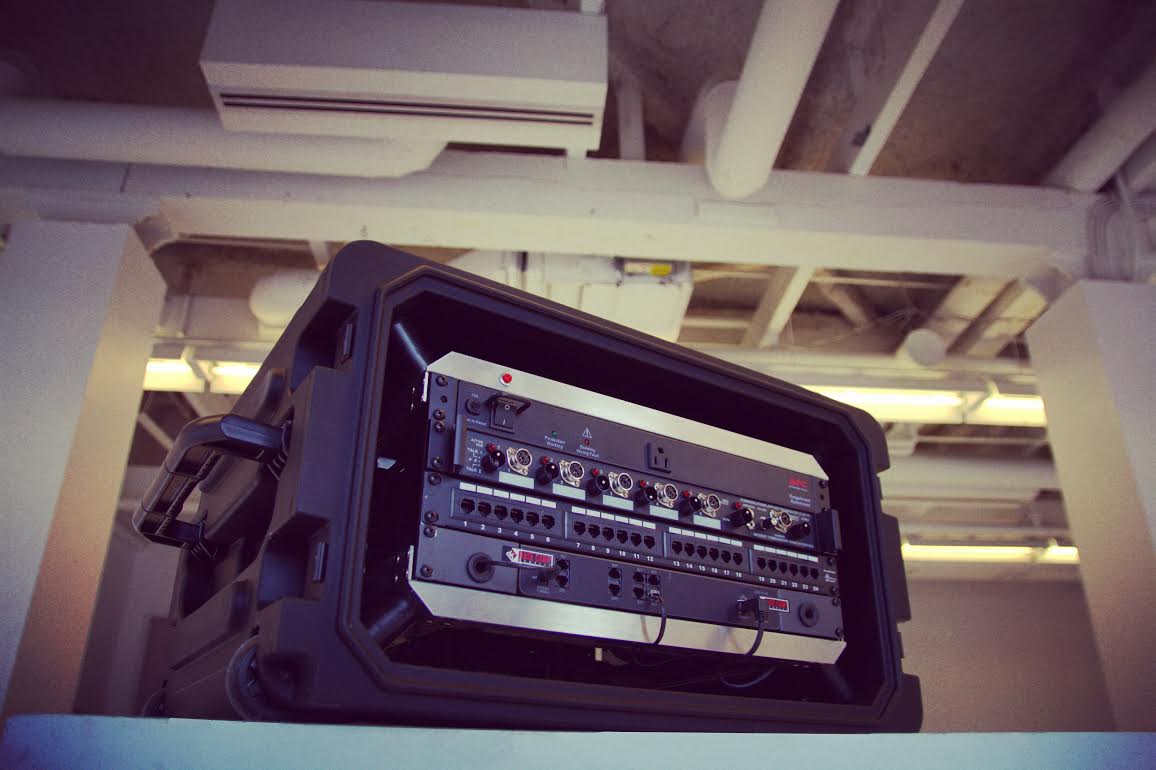
Where are you going to install this communication equipment? Do you have a mobile command post / communication trailer / dispatch trailer? Depending on where you want to install, it may require different methods of installation, of power, and antennas.
Do you have a backup communication system? (According to the NFPA Fourth Needs Assessment, 38% of fire departments have no 9-1-1 backup center. This increases to 47 percent in small jurisdictions). I have heard from a number of police, fire and emergency managers after my article about what happens if your ECC is damaged to the point you can’t use it, where do you go? Is there an alternate location already planned out with equipment there to use? Can you run your ECC out of a mobile command post? How will you handle the 911 calls?
Base Camp Connect is the perfect backup communication system. It’s mobile, so you can bring it with you if you have to move your operations. The system auto-manages available networks so you don’t need any computer or configuration. Moreover, BCC simplifies technology so that anyone can operate it without formal training; translation: firefighter proof.
So I have given you a lot to think about before your trip to the conventions, so go and enjoy, kick some tires and test all of the new things that are out there for you to do the job better and safer!
Lastly, here are a few conventions you can attend to see the latest public safety communications equipment:
- IWCE (International Wireless Communications Expo)
- APCO (Association of Public-Safety Communications Officials)
- IAEM (International Association of Emergency Managers)
- NEMA (National Emergency Management Association)
Be Safe!
